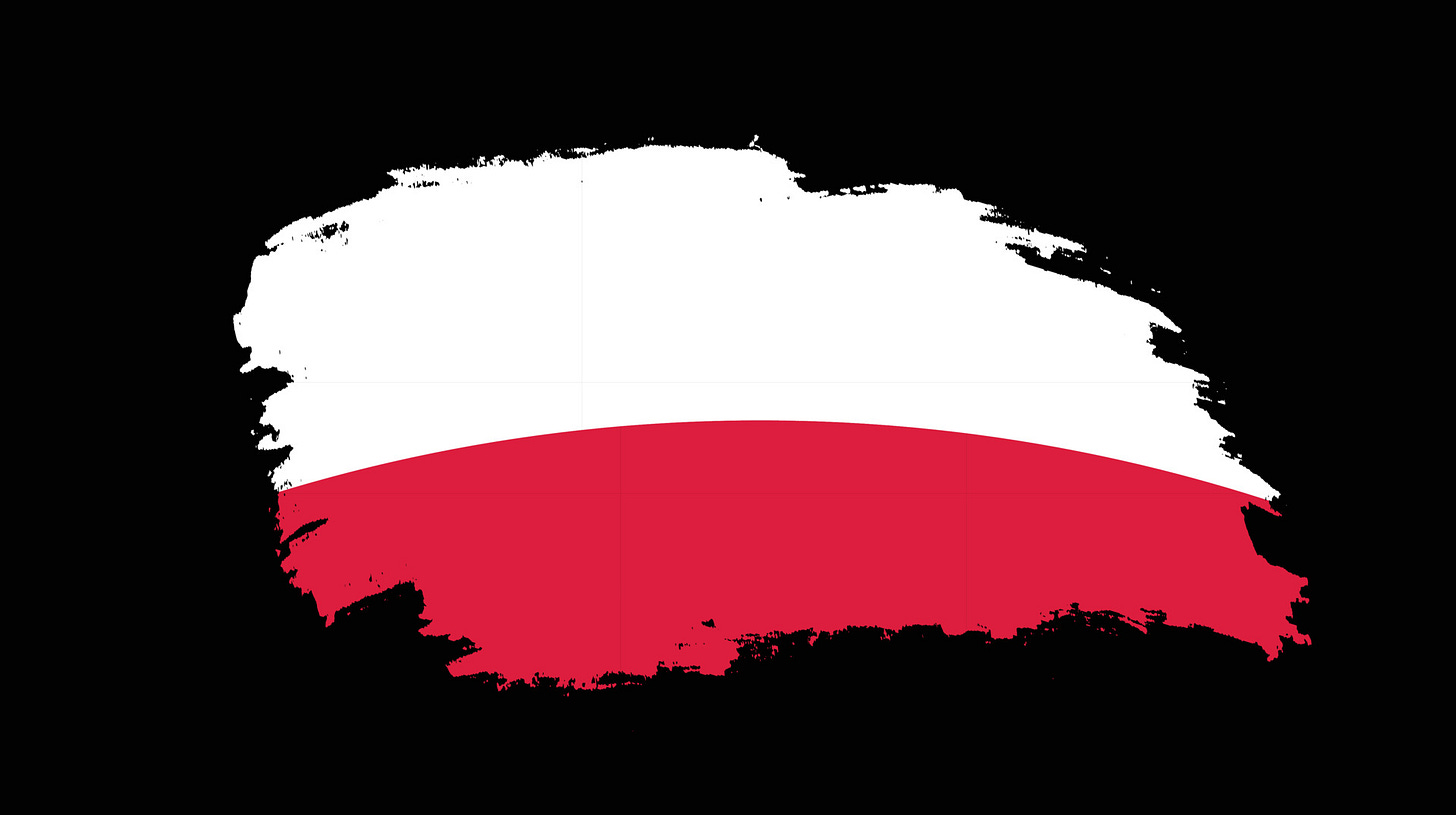Poland’s Final Battle: Can Democracy Break the Illiberal Axis?
A critical election could shatter the Orbán-PiS blockade, restore Europe’s unity, and deliver a long-overdue blow to Putin’s influence.
Across Europe, elections are no longer just domestic affairs—they’ve become battlegrounds in a global contest over the future of democracy. On one side stands the MAGA movement, relentlessly fueling nationalist forces and exporting its culture war playbook across the Atlantic. On another, Vladimir Putin wages his brutal campaign to crush Ukraine and splinter European unity, knowing that a fractured EU is a weakened EU. And circling above it all are the global oligarchs—from Elon Musk to the British billionaires behind Brexit—eager to exploit a deregulated, fragmented European market of 450 million consumers.
Every nationalist victory edges these forces closer to their goal. That’s why the upcoming Polish presidential election carries consequences far beyond Warsaw.
Poland isn’t just another EU member state. It anchors the Union’s eastern frontier and plays a critical role in defending European democracy.
Poland’s Law and Justice party (PiS) has long stood at the center of this illiberal axis. For years, PiS and Viktor Orbán’s Fidesz party in Hungary forged a powerful alliance, blocking EU reforms and resisting Brussels’ efforts to uphold rule-of-law standards. Together, they stalled budget negotiations, undermined judicial independence, and even toyed with the idea of building a new nationalist bloc within the European Parliament.
Today, political power in Poland is split between two rival factions:
President: Andrzej Duda – aligned with PiS (Law and Justice). His term ends this week, with the presidential election scheduled for the coming sunday.
Prime Minister: Donald Tusk – leads the government through the pro-European Civic Coalition (KO/PO) after winning the 2023 elections.
This is a textbook case of political cohabitation, with the president and government locked in an uneasy power-sharing arrangement. The result is frequent institutional friction—especially over judicial appointments, foreign policy direction, and defense priorities.
While the president holds significant influence over foreign policy and defense, the real leverage comes from the presidential veto. As long as PiS controls the presidency, Tusk’s government faces constant obstruction on key reforms. A Civic Platform victory would break this deadlock, clearing the way for decisive governance and full alignment of Poland’s domestic and foreign policy with European priorities.
The table below breaks down exactly where their core differences lie.
I wouldn’t put PiS in the same bracket as Germany’s AfD or Marine Le Pen’s Rassemblement National in France. That would be an unfair comparison on many levels. But even so, it’s clear that bringing this period of political cohabitation to an end—and allowing Donald Tusk’s pro-European coalition to take full control—would lift a heavy burden off the European Union.
The EU faces historic decisions in the coming years: from the reconstruction of Ukraine and the future shape of European defense, to critical reforms in migration, energy policy, and economic governance. In all of this, having Poland—a nation of nearly 40 million people and a rising military power—fully aligned with the European core would make the road ahead smoother, the Union stronger, and its democratic foundations more secure.
As Poland’s presidential election nears, the candidate backed by Prime Minister Donald Tusk and the pro-European Civic Platform holds a clear lead. Meanwhile, the PiS-aligned candidate—has stumbled into a scandal that could seal the outcome.
It look like the PiS’s favored candidate purchased a luxurious Warsaw apartment at a suspiciously low price, far below market value, with links to state-affiliated entities. The revelations have triggered public outrage, especially as ordinary Poles continue to struggle with the rising cost of living. PiS-aligned media scrambled to spin the story—deploying everything from deflection tactics to AI-generated content to muddy the waters—but the scandal stuck. It has become the defining controversy of the campaign’s final days, a symbol of the very cronyism and corruption that many Poles are eager to move beyond.
A victory for Tusk’s candidate would not only strengthen the EU’s hand in enforcing democratic standards—it would also forge greater cohesion within the Union, increasing the chances of successfully isolating Putin’s political proxies in Europe.
At home, it would set the stage for a larger political realignment. A presidential win now could energize Civic Platform ahead of the 2027 parliamentary elections, offering the prospect of slowing down the PiS chapter in Polish politics. It would open the door to restoring judicial independence, rebuilding state institutions, and positioning Poland as a constructive, stabilizing force at the heart of Europe.
For now, the political balance is holding—but just barely. The stakes could not be higher, and the forces arrayed on both sides know it. This is more than an election; it is a frontline clash in the battle for Europe’s democratic future. And this time, against the odds and after years of struggle, it looks like democracy is about to land a decisive blow.







Thanks for the political rundown. Poland’s freedom has been very dear to me for decades. Polish poets including Milosz, Baranczak, and Zagajewski visited or taught in my department while I was in grad school. Their work and that of Szymborska and others comprised a good chunk of my reading. They were all friends with Michnik. I know how badly they were treated. I had hoped these battles for freedom were over in Poland and Ukraine, but democracy is an ongoing struggle.
I hope the Poles will continue to side with freedom when the stakes are so high. Keeping all fingers crossed.
Thank you, Shankar